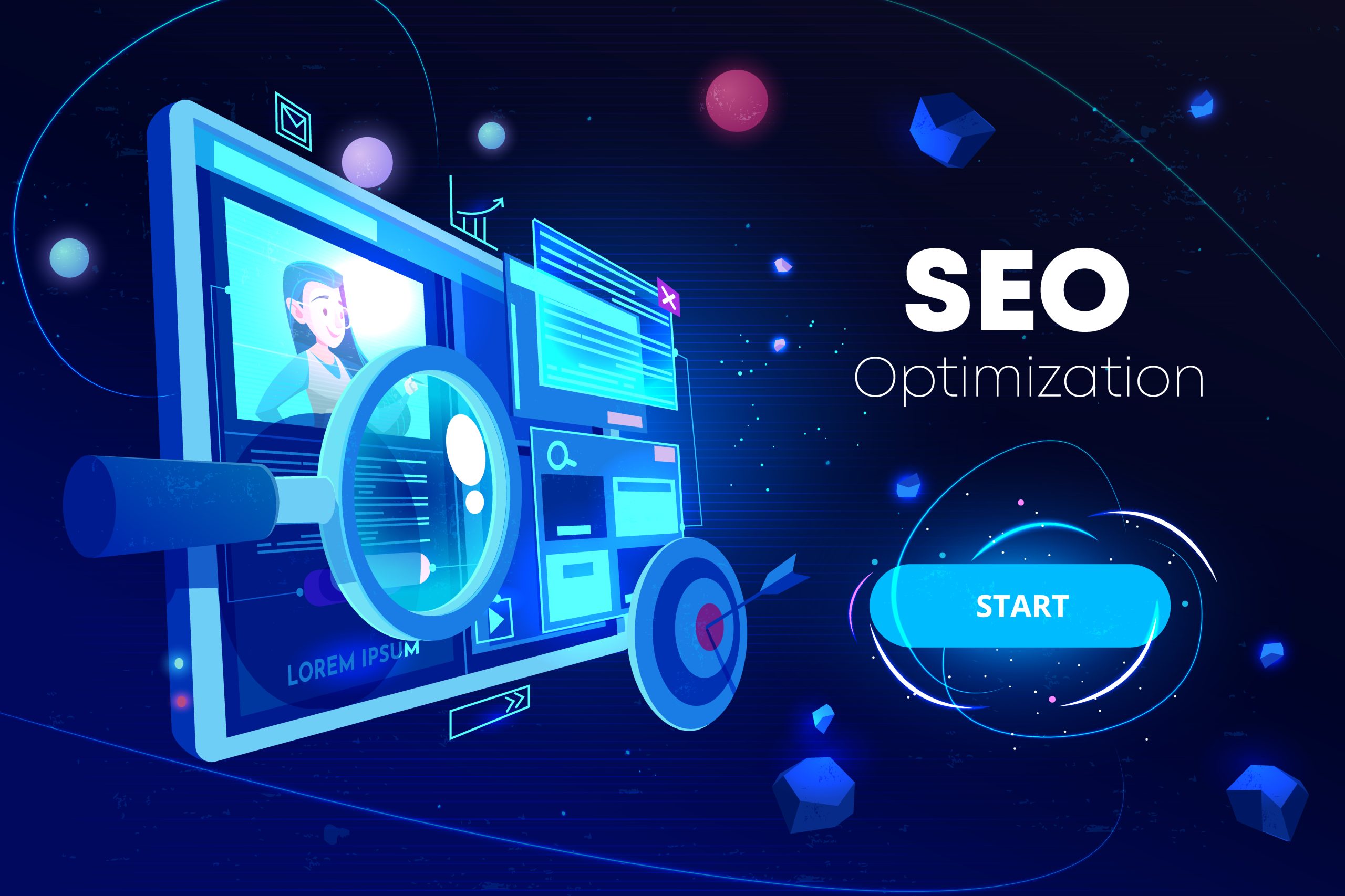Introduction
E-commerce has become the backbone of both B2B and B2C businesses, enabling companies to reach wider audiences while streamlining order management and operations. However, the platform you choose is critical. It determines not just how your website looks, but how it functions, how it scales, and how effectively it serves different customer segments.
For businesses running both B2B and B2C, the choice is even more complex. These operations require flexibility in pricing, seamless integrations, and scalability that supports wholesale buyers and retail customers simultaneously. Choosing the wrong platform can create bottlenecks, while the right one drives consistent growth and customer satisfaction.
If you are exploring your options, WebHill helps businesses choose, build, and optimize e-commerce solutions tailored for growth.
This article breaks down Shopify, WooCommerce, and Magento (Adobe Commerce) across key criteria such as cost, scalability, features, SEO, and marketing to help you determine the best fit for your business.
Key Criteria for Evaluating B2B + B2C Platforms
Customization vs ease of use
A platform must balance user-friendly setup with enough customization to meet unique needs. While ease of use is attractive, many B2B businesses need deep customization for tiered pricing and wholesale ordering.
Scalability and performance
As businesses expand, the platform must handle more traffic, larger catalogs, and higher order volumes. Scalability is a deciding factor for enterprises expecting long-term growth.
Cost and hidden expenses
Subscription fees, transaction costs, hosting, and add-ons all contribute to the total cost of ownership. Evaluating upfront vs hidden costs is crucial.
Multi-tier pricing and wholesale features
B2B companies often require pricing by account type, volume-based discounts, and custom catalogs. A platform’s ability to manage these without extensive plugins or custom development impacts efficiency.
Integration with ERP, CRM, and third-party apps
Seamless connections with ERPs, CRMs, shipping, and marketing systems are essential for smooth operations. A platform that supports these integrations without heavy customization saves time and cost.
Shopify for B2B + B2C
Pros and cons
Shopify is one of the most user-friendly platforms, offering quick setup and predictable costs. However, customization is limited compared to open-source systems, and advanced wholesale features usually require paid apps.
Pricing transparency and limitations
Shopify’s monthly subscription model includes hosting and security, making budgeting straightforward. The challenge lies in B2B features, which often require additional applications that increase long-term expenses.
B2B apps and integrations
Shopify offers apps that provide tiered pricing, wholesale ordering, and restricted catalogs, but these are add-ons rather than native features. This makes it more suitable for businesses with simpler B2B needs.
Best suited industries
Shopify is ideal for startups, small B2C brands, and growing SMBs that want to expand into wholesale without heavy development costs.
If you want to maximize Shopify’s visibility and conversions, a professional seo agency toronto can help you enhance rankings, product visibility, and digital reach.
WooCommerce for B2B + B2C
Flexibility and open-source benefits
WooCommerce is an open-source plugin for WordPress, giving it unmatched flexibility. You can customize virtually every aspect of the store, from pricing structures to catalog design, making it a strong option for businesses with unique requirements.
Cost vs customization
While the plugin itself is free, the true cost lies in hosting, security, premium plugins, and developer support. Businesses without in-house technical expertise may find costs rising as they scale.
Plugins for B2B
WooCommerce’s ecosystem offers plugins for wholesale pricing, private store access, and bulk discounts. These allow small and mid-sized businesses to achieve enterprise-level features without switching to a larger platform.
Suitability for SMBs
SMBs that want customization and have access to technical resources benefit the most from WooCommerce. Its open-source nature provides long-term flexibility that subscription platforms may not offer.
Magento (Adobe Commerce) for B2B + B2C
Wholesale and enterprise benefits
Magento is purpose-built for large-scale, complex e-commerce. It includes built-in wholesale features such as customer-specific pricing, bulk ordering, and advanced catalog management without relying heavily on extensions.
Scalability for high-volume sellers
Magento handles massive catalogs and high-traffic stores with ease. Enterprises and global operations benefit from its ability to manage multi-store setups and regional variations.
Cost of development and hosting
Unlike Shopify or WooCommerce, Magento requires significant investment in development, hosting, and maintenance. It is most suitable for businesses with large budgets and complex requirements.
Advanced B2B features
Features such as account hierarchies, custom catalogs, and request-for-quote modules make Magento the strongest choice for wholesale-focused enterprises.
For businesses in Ontario looking to scale using Magento, working with a specialized seo agency vaughan ensures technical SEO, visibility, and strong lead generation.
Cost Comparison of Shopify, WooCommerce, and Magento
Development costs
- Shopify: Predictable monthly subscriptions but higher costs for B2B add-ons.
- WooCommerce: Free core plugin, but costs rise with premium plugins and developer support.
- Magento: High initial development costs with ongoing technical investment.
Hosting and maintenance
- Shopify: Hosting included in subscription.
- WooCommerce: Dependent on your hosting provider; performance varies by plan.
- Magento: Requires dedicated hosting, often cloud-based, for optimal performance.
Add-ons and integrations
- Shopify: Relies heavily on third-party apps.
- WooCommerce: Strong plugin ecosystem, though plugins may conflict.
- Magento: Many features are built-in but often require developer customization.
Which Platform Scales Best for Growth?
Shopify scalability
Shopify scales well for small to mid-sized businesses but can struggle with very large catalogs or custom wholesale requirements.
WooCommerce scalability
WooCommerce can scale if paired with strong hosting and development support. However, ongoing technical management is essential.
Magento scalability
Magento is designed for high-volume sellers, global enterprises, and wholesalers. Its infrastructure supports thousands of products, multiple store views, and complex customer structures.
Case Scenarios – Which Business Should Choose What?
- Startups and SMBs → Shopify
Ideal for fast deployment and lower upfront investment.
- Customization-focused SMEs → WooCommerce
Perfect for businesses that want control over every aspect of their store.
- Enterprises and wholesalers → Magento
Best for organizations requiring scalability, advanced B2B features, and global reach.
SEO & Marketing Features Across Platforms
SEO flexibility and plugins
- Shopify offers SEO-friendly URLs and metadata editing, but relies on apps for advanced optimization.
- WooCommerce provides complete control over SEO, supported by plugins like Yoast.
- Magento offers robust SEO features, from canonical tags to sitemaps, directly in its architecture.
Marketing automation integrations
Shopify, WooCommerce, and Magento all integrate with marketing automation tools, though Magento offers the most robust enterprise-level integrations out of the box.
How WebHill helps optimize each platform
Partnering with WebHill ensures your chosen platform is optimized for search rankings, conversion rate improvements, and marketing automation.
If you need expert guidance, you can reach out through the contact page for tailored recommendations.
Conclusion
Shopify, WooCommerce, and Magento each have strengths depending on the size and needs of your business. Shopify is best for startups and SMBs seeking simplicity and predictable costs. WooCommerce suits SMEs requiring flexibility and customization. Magento stands out for enterprises with large-scale operations and advanced B2B needs.
Ultimately, the best platform is the one that balances your budget, technical resources, and growth trajectory. By aligning your choice with these factors, you set your business up for sustainable success.
For expert advice in choosing, setting up, and optimizing your platform, WebHill provides solutions designed to grow your B2B and B2C operations effectively.
FAQs
1. Which platform is the cheapest to start with?
WooCommerce is the most affordable upfront, but costs increase with premium plugins and developer reliance.
2. Can Shopify support wholesale features effectively?
Yes, though most features require third-party apps, making it less comprehensive than Magento.
3. Is WooCommerce more SEO-friendly than Shopify?
Yes, WooCommerce offers greater SEO flexibility due to its open-source design, though Shopify can perform well with the right optimization.
4. Why is Magento considered the enterprise choice?
Because it offers built-in B2B functionality, scalability for large catalogs, and advanced customization.
5. How do I choose the right platform for my business?
Assess your budget, technical resources, scalability goals, and whether you need advanced B2B features. A consultation with WebHill can guide you toward the best fit.



